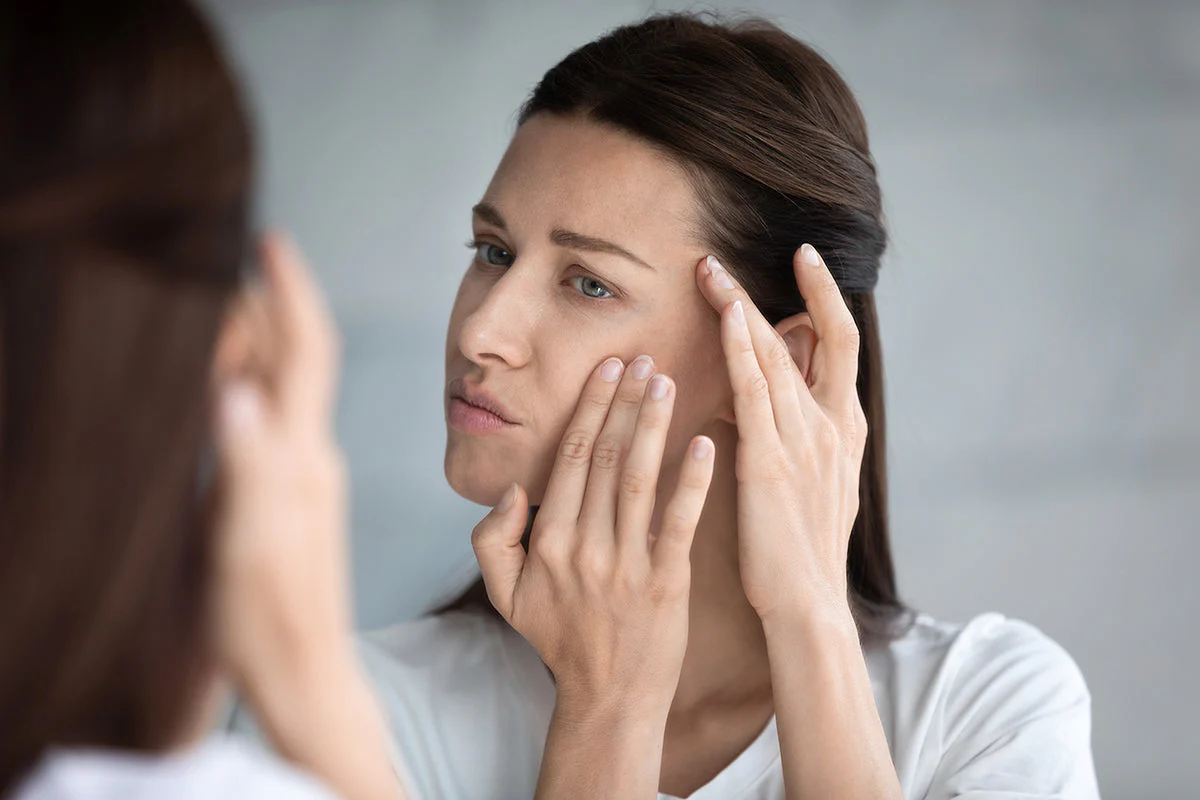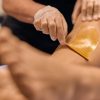Collagen is the structural protein that keeps your skin firm, elastic, and youthful. However, as we age, collagen production naturally decreases, leading to visible changes in our skin and overall appearance. Recognizing the early signs of collagen loss can help you take proactive steps to maintain your skin’s health and vitality.
1. Wrinkles and Fine Lines
How Collagen Loss Leads to Wrinkles
One of the earliest and most noticeable signs of collagen depletion is the appearance of wrinkles and fine lines. Collagen provides the scaffolding that keeps your skin smooth and plump. When production slows, skin loses elasticity, causing creases to form around areas like the eyes, mouth, and forehead.
What You Can Do
Incorporate retinoids or bakuchiol into your skincare routine to stimulate collagen production. Additionally, using vitamin C serums can protect existing collagen from environmental damage while promoting new growth.
2. Sagging Skin
Why Skin Loses Firmness
Collagen acts as the glue that holds skin layers together. A reduction in collagen weakens this structure, leading to sagging skin, particularly around the jawline, cheeks, and neck.
How to Combat Sagging
Consider treatments like microneedling or radiofrequency therapy for a more intensive approach. At home, use peptide-rich skincare products to improve firmness over time.
3. Thinner Skin
The Impact of Collagen on Skin Thickness
As collagen levels decline, your skin may appear thinner and more fragile. This makes it more susceptible to damage, dryness, and even visible veins.
Tips for Strengthening Skin
Hydrate your skin with hyaluronic acid-based products and eat a diet rich in antioxidants from fruits and vegetables. These steps can help protect against further thinning.
4. Slower Wound Healing
Collagen’s Role in Recovery
Collagen is essential for repairing damaged tissue. If you notice that cuts or bruises are taking longer to heal, it could be a sign that your body is producing less collagen.
Boosting Healing Processes
Supplementing with hydrolyzed collagen peptides may accelerate wound healing by providing your body with the amino acids it needs for repair.
5. Dryness and Loss of Elasticity
How Collagen Affects Skin Hydration
Collagen helps retain moisture in the skin. When levels drop, your skin may feel dry and lose its natural “bounce,” making it look dull and aged.
Replenishing Moisture
Use moisturizers containing ceramides or glycerin to lock in hydration. Drinking plenty of water and avoiding excessive sun exposure can also help preserve elasticity.
How to Boost Collagen Naturally
- Eat a Collagen-Boosting Diet: Incorporate foods rich in vitamin C (citrus fruits), zinc (nuts), and amino acids (lean proteins) to support natural collagen production.
- Protect Your Skin from UV Damage: Wear sunscreen daily to prevent sun-induced collagen breakdown.
- Consider Supplements: Hydrolyzed collagen supplements have been shown to improve skin elasticity and hydration over time.
- Adopt a Healthy Lifestyle: Avoid smoking and limit sugar intake, as these habits accelerate collagen degradation.
By identifying these signs early and implementing targeted strategies, you can slow down collagen loss and maintain youthful, healthy skin for years to come!


